
Fordyce spots are one of almost countless skin disorders. Fordyce spots are also called Fordyce glands, and they represent quite a common skin disorder marked by the outbreak of small yellow growths on several parts of the body. These slightly elevated spots may appear on the lips, mouth, tongue and cheeks as well as on the labia and penis, although in the majority of cases, the lower lip is most affected. Fordyce spots always appear on regions of the skin not covered by hair.
Because the skin is an external organ and the face is most often affected, this skin disorder may cause distress to people who have it. You will be glad to know that Fordyce spots are not only very common, with some research suggesting that in fact more adults have them than don't, they are also harmless.
Many people tend to mistake Fordyce spots that cover the private regions of the skin for genital warts, but these two skin ailments are completely different. While the Fordyce's spots are tiny and caused by the slight enlargement of otherwise normal oil glands in the skin, genital warts can grow quite large and they are caused by a HPV infection.
Treatment for Fordyce spots
Fordyce spots are not a serious skin condition — there is no need to receive treatment for Fordyce spots unless it is for cosmetic reasons, and there is no reason for people who have them to worry about their health. However, several treatment options for Fordyce spots are quite effective.
Fordyce spots can go away without any treatment, but if we want to speed up the healing, there are certain medications we can apply, for example, Tretinoin cream or gel. Tretinoin (a vitamin A derivative also called Retin-A and also used for acne) stops further spreading of this skin disorder. Furthermore, it is also considered that the application of this cream or gel prevents the recurrance of Fordyce spots.
Accutane is another option to treat Fordyce spots, but this remedy has several side effects, among which are headaches, depression, eye problems, urinary problems, rash, chipped lips and pains in the joints and muscles. Pregnant women should not consider its use, as Accutane can also be harmful for a fetus.
Other treatment options people who have Fordyce spots could consider include TCA chemical peeling, laser vaporization, liquid nitrogen freezing and cryosurgery. Cryosurgery is a procedure where the cold temperatures are applied to the affected skin area, and although it can treat Fordyce spots, this freezing procedure can have several adverse effects, like possible damaging of healthy tissues and nerves.
Home remedies for Fordyce spots
You may have heard claims about home remedies — that people who suffer from Fordyce spots should consume a healthy diet, garlic should be included in the diet because it has antibacterial effects, and natural oils like Jojoba oil, as well as Argania and Tocopherol extract, are also very powerful home treatments for Fordyce spots.
While a healthy diet should obviously always be a priority, garlic is healthy, and using natural oils on your skin also won't harm you, there is no actual evidence that any proactive home remedies can help treat Fordyce spots. There is one thing you should not do, though, and that's picking at the Fordyce spots. This can cause scarring and perhaps even introduce infections, giving you many more problems than harmless spots.
- www.nhs.uk/common-health-questions/mens-health/what-is-this-lump-on-my-penis/
- www.nhs.uk/Tools/Pages/Vagina-problems-visual-guide.aspx
- Photo courtesy of Wikimedia commons (private photo assumed): commons.wikimedia.org/wiki/File:Fordyces_spot_closeup.jpg


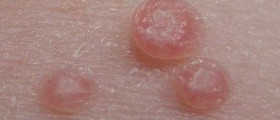

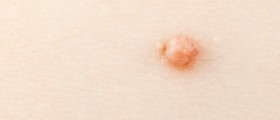

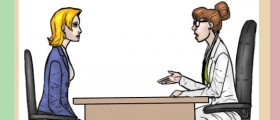





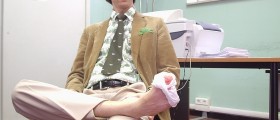
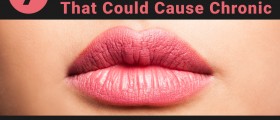
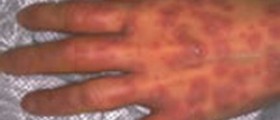

Your thoughts on this
Loading...